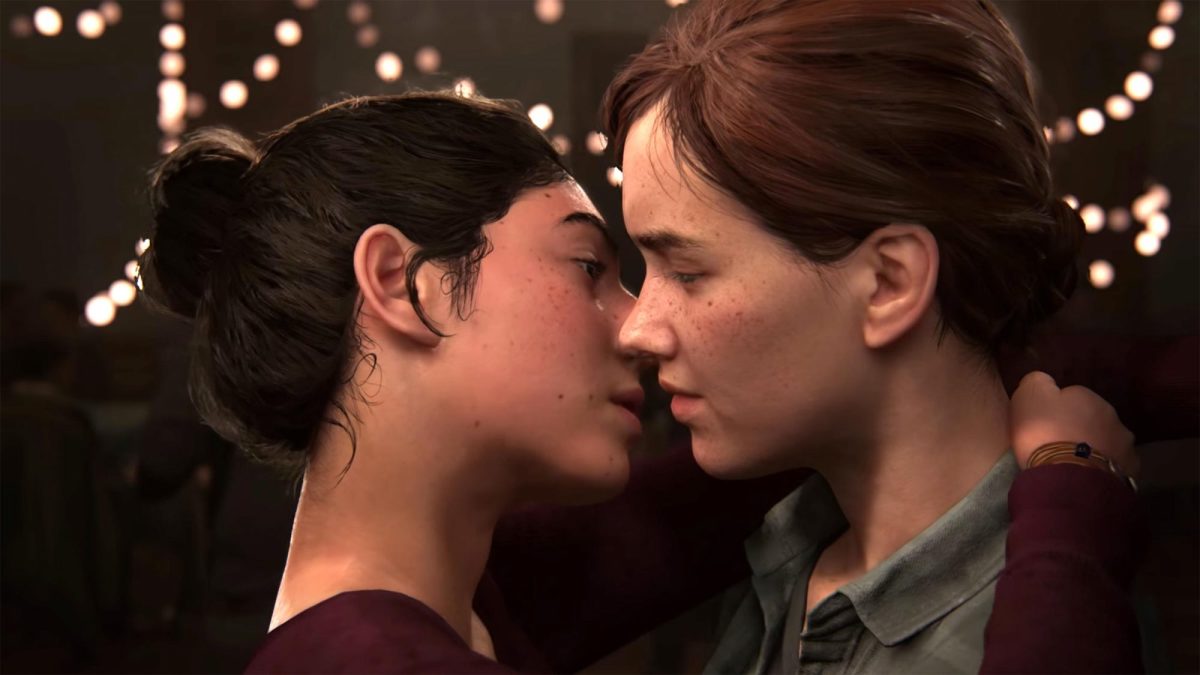Saudi Arabia buys more Nintendo stock, becomes biggest external shareholder

Saudi Arabia, through its Public Investment Fund (PIF), has become the biggest shareholder of Nintendo outside of the company’s own stocks. The PIF purchased another bunch of Nintendo shares, boosting its ownership from 6% at the start of 2023 to a total of 8.3%, according to a report by Bloomberg.
The investment in Nintendo is part of a larger strategy to diversify the Gulf state’s economy and reduce the dependence on oil. The PIF also invested in Chinese gaming giant Tencent through the Savvy Games Group it set up, adding those shares to its collection of stock from Activision Blizzard, Capcom, EA, Nexon, Take-Two, and Koei Tecmo.
In addition, it took over two of the world’s leading esports tournament organizers last year, merging them into the ESL FACEIT group. Naturally, esports fans were not happy with this development, fearing that the Saudis are going to use gaming tournaments to ‘esportswash’ their human rights abuses.
This is also what makes the Nintendo investment such a grating concept to wrap one’s head around: The Japanese company stands for family-friendly games like no other and takes that image very seriously – an image that could not be more different to a theocratic and absolute monarchy that oppresses women and beheads people on a regular basis.
Gamers fear that the Saudis will leverage their economic power to worm their way into positions that will give them decision-making powers over the content of the video games these studios produce.

The Last of Us Part 2 is banned in Saudi Arabia due to containing a romance between two women, the God of War titles before 2018 were banned for violence and containing religious content that didn't fit into the kingdom's wahhabist views, and Spec Ops: The Line not only was banned, but even had its website blocked for depicting a destroyed Gulf state city. That's just the tip of the iceberg. Needless to say, Saudi Arabia having an input on what games can and cannot show is a terrifying idea.
It’s unlikely that this will be the end of Saudi Arabia’s investment spree in the gaming industry or even Nintendo. Bloomberg quotes industry consultant Serkan Toto, based in Tokyo, who “wouldn’t even be surprised if it continues to increase its stake in Nintendo going forward.”
